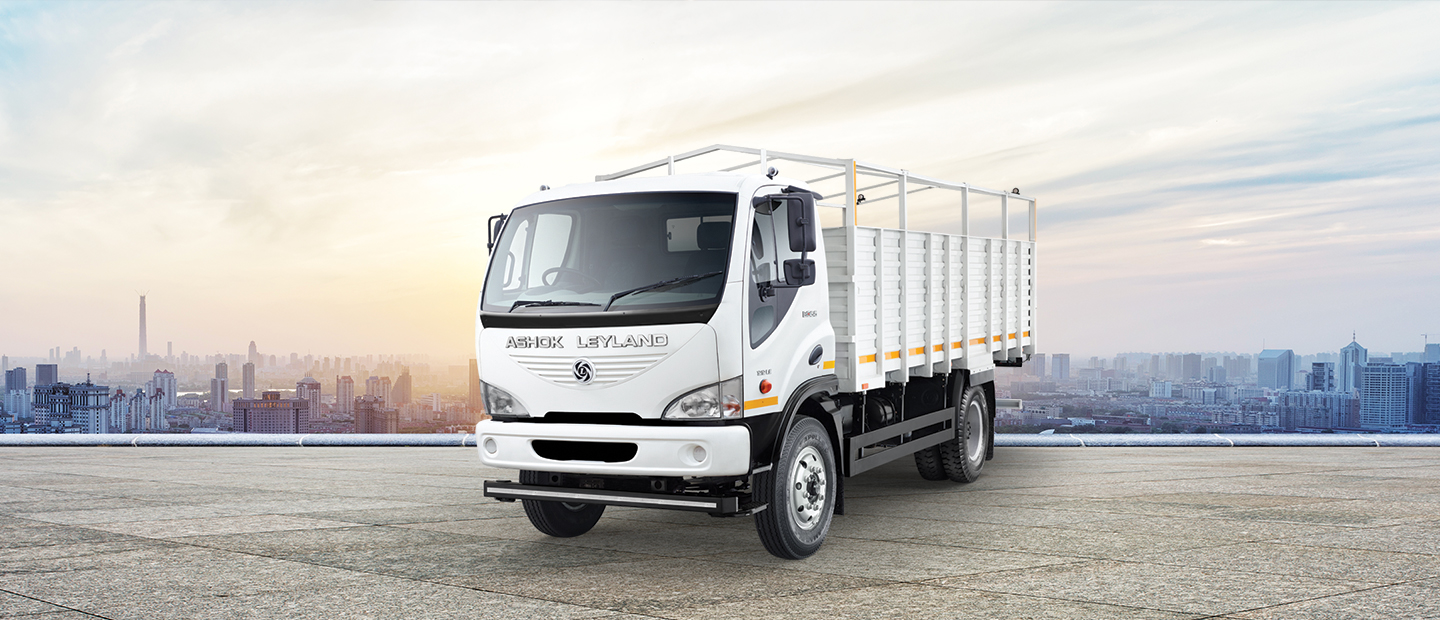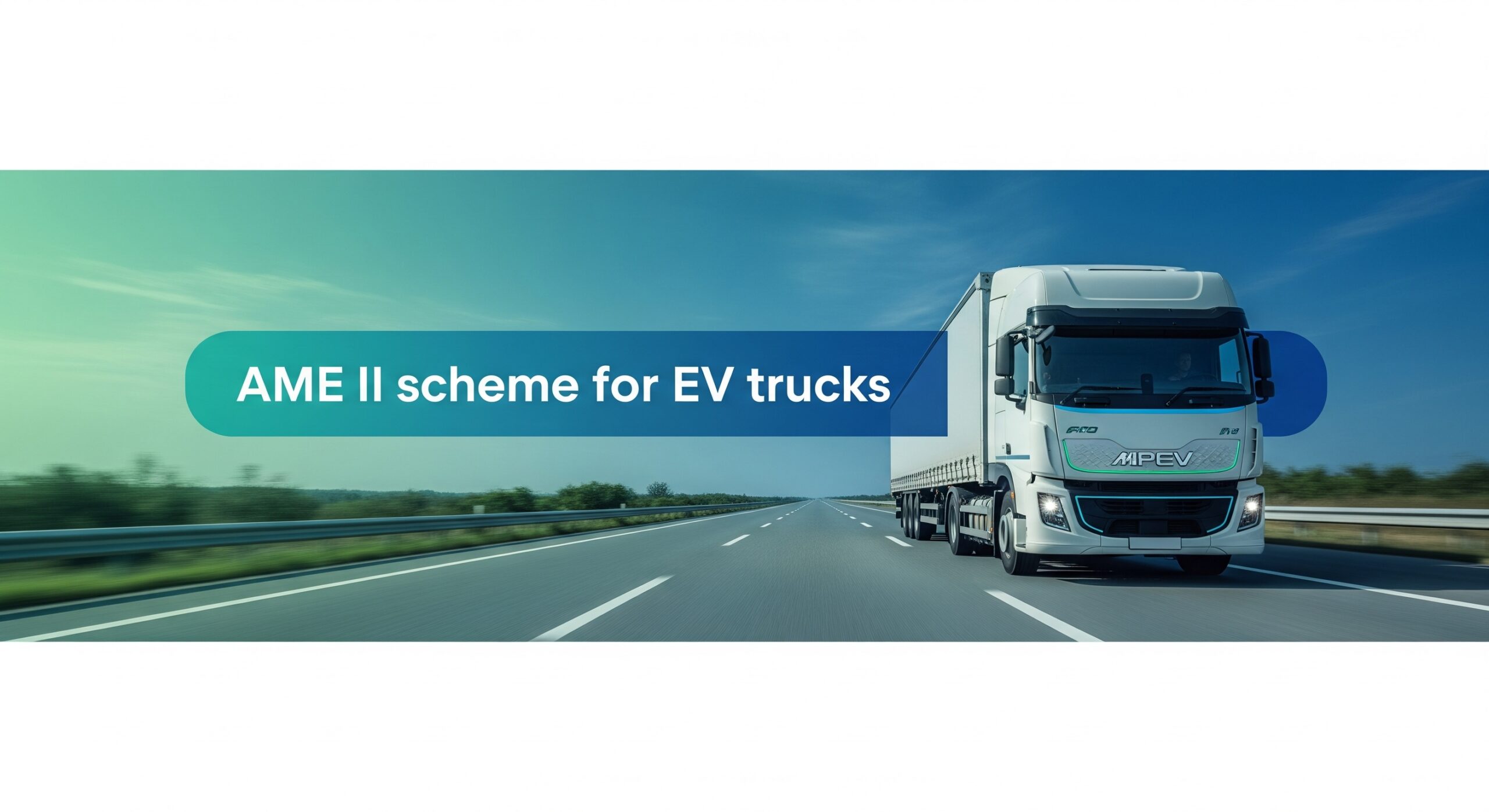If you’re planning to open an EV charging station in India — especially if you own roadside land or farmland — you’re entering one of the fastest-growing green business opportunities. The Indian government has simplified the process significantly, but several key approvals, safety compliances, and registrations are still mandatory.
In this guide, we’ll cover every license, document, and approval you need to set up an EV charging station legally and successfully in India — step-by-step.
⚡ 1. Overview: No Special “License” Required
The Ministry of Power (MoP) has made setting up a public EV charging station (PCS) a de-licensed activity.
✅ Meaning: You don’t need a separate distribution license under the Electricity Act, 2003 just to open a charging station.
However, you still need to obtain electrical connection approvals, follow safety standards, and get local authority clearances.
📘 Official Reference:
🧾 2. Key Approvals and Permissions You Need
Here’s a detailed breakdown of the approvals required to start your EV charging station business in India.
🔹 2.1 Land Use and Local Authority Approvals
- Confirm that your land is commercially usable for an EV station. If it’s farmland, apply for land-use conversion to commercial.
- Obtain a Trade License or Municipal NOC from your local authority (Municipality/Panchayat).
- If constructing a structure or canopy — get Building Plan Approval and Fire Safety NOC.
- Ensure easy vehicle access, parking space, and proper signage for customer safety.
🔹 2.2 Electricity Connection from DISCOM
- Apply for a new or upgraded electricity connection with your state’s power distribution company (DISCOM).
- For smaller setups (2W/4W), Low Tension (LT) connections suffice; for heavy-duty chargers, High Tension (HT) is needed.
- Load approvals vary based on your station’s charging capacity (kW).
📘 Official Rule: Under the Electricity (Rights of Consumers) Rules, 2020, DISCOMs must provide connections within:
- 3 days (urban metro)
- 7 days (municipal)
- 15 days (rural)
📍 Useful Links:
- UPPCL – New Electricity Connection Portal (Uttar Pradesh)
- Ministry of Power – Official EV Charging Guidelines PDF
🔹 2.3 Compliance with Safety and Technical Standards
All charging equipment must meet Bureau of Indian Standards (BIS) and Central Electricity Authority (CEA) regulations.
⚙️ Mandatory Requirements:
- Use only type-tested, BIS-certified EV chargers (EVSE)
- Proper earthing, fire safety, signage, and remote monitoring systems
- DC fast chargers should meet IS-17017 series standards
📍 Useful Links:
- Bureau of Indian Standards (BIS)
- Central Electricity Authority (CEA)
- ElectricVehicles.in – Charging Infrastructure Guidelines
🔹 2.4 Registration with State or Central Nodal Agency
While no central license is required, every charging station should register with the State Nodal Agency (SNA) or the Bureau of Energy Efficiency (BEE) for monitoring and data submission.
📍 Official Portal:
Bureau of Energy Efficiency (BEE) – EV Charging Station Registration
🔹 2.5 Tariff, Service Charges & Taxation
- The electricity tariff for charging stations cannot exceed the Average Cost of Supply (ACoS) until March 2028.
- States regulate service charges (per kWh) that operators can add.
- You must clearly display the tariff breakdown — power cost + service fee + GST.
📍 Reference:
Mercom India – Updated EV Charging Infrastructure Guidelines
🔹 2.6 Fire, Pollution & Local Department NOCs
Depending on your area and station size, you may also need:
- Fire Safety Certificate (from Fire Department)
- Environmental Consent/NOC (if applicable)
- Local trade or shop establishment registration
📍 Read more:
MoneyExcel – EV Charging Station Business in India
✅ 3. Practical Checklist (For Farmland/Highway Locations)
If you own roadside farmland near Ghaziabad (UP), follow this step-by-step plan:
- Land Use: Get land-use conversion from agricultural to commercial.
- Local NOC: Obtain trade license from your local Nagar Palika or Tehsil office.
- Electric Connection: Apply to UPPCL for a commercial connection.
- Charger Selection: Choose BIS-approved AC and DC chargers.
- Safety Setup: Install earthing, CCTV, signage, and lighting.
- Fire Approval: Obtain Fire Department clearance.
- BEE Registration: Register with beeindia.gov.in.
- Display Tariff: Follow MoP guidelines for tariff and service charge.
❌ 4. Common Mistakes to Avoid
- Assuming “no license” means “no approval”
- Using non-certified charging equipment
- Skipping fire or municipal NOCs
- Installing chargers without checking transformer load
- Ignoring tariff/service-charge compliance
📊 5. Summary Table
| Requirement | Approval Needed | Responsible Authority |
|---|---|---|
| Land Use / Conversion | Yes | Municipality / District Authority |
| Electricity Connection | Yes | Local DISCOM (e.g. UPPCL) |
| Equipment Standards | BIS Certification | CEA / BIS |
| Safety & Fire NOC | Yes | Local Fire Department |
| Registration | Yes | BEE or State Nodal Agency |
| Tariff Compliance | Yes | State Electricity Regulatory Commission |
❓ FAQs
Q1. Do I need a license to start an EV charging station in India?
➡️ No. It’s a de-licensed activity under the Electricity Act, 2003. You just need electrical, safety, and local authority approvals.
📗 Official MoP Guidelines
Q2. Which government body gives approval for EV charging stations?
➡️ You need approvals from your State DISCOM, Municipality, and Fire Department. Also register with the BEE or State Nodal Agency.
Q3. Can I install a charging station on my farmland?
➡️ Yes, but you must convert the land to commercial use and obtain a trade license. Rural roadside locations are ideal for EV charging hubs.
Q4. What are the main technical standards for EV chargers?
➡️ Chargers must comply with IS-17017 (BIS) and CEA safety norms.
Read: BIS EV Standards Overview
Q5. What is the cost of electricity for EV stations?
➡️ The tariff cannot exceed the Average Cost of Supply (ACoS) till March 2028, and states fix limits for service charges.
Q6. Can I use solar panels to power my EV station?
➡️ Yes. You can integrate solar energy + grid connection, which reduces costs and earns sustainability credits.
Learn more: YoCharge – EV Charging & Solar Integration
🌿 Final Takeaway
Setting up an EV charging station in India is simpler than ever — no license required, but proper approvals, safety, and registration are essential.
If you own roadside land (like in Ghaziabad or Dhaulana), you’re already at an advantage. Ensure the right permits, follow BIS/CEA standards, and explore state EV policy incentives for subsidies.
📘 Key Government Resources:
- Ministry of Power – EV Guidelines PDF
- Bureau of Energy Efficiency – Charging Registration
- UPPCL – New Electricity Connection
- Mercom India – EV Policy Updates







